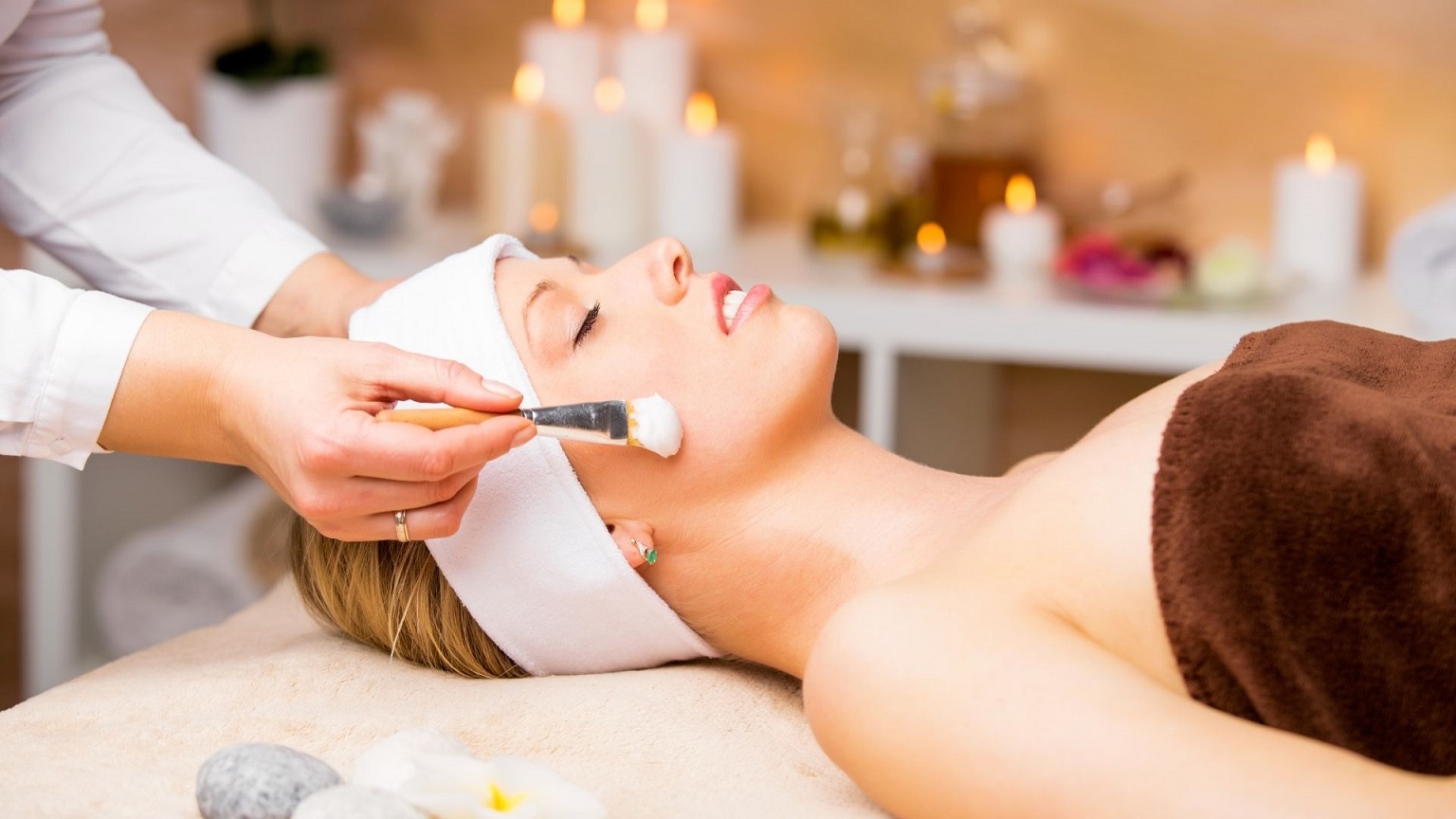
4 Healthy Benefits of the Sun
Lately, the sun seems to be getting a bad rap. We live in a society that has created paranoia about the dangers of the sun. While too much sun exposure can lead to premature aging of the skin, the sun is not solely at fault for many of our skin problems, like hyperpigmentation. In fact, it has many healing benefits that can improve your overall health. Studies have shown that a reasonable amount of sun reduces your risk of several cancers and other serious health conditions.
Natural Vitamin D
Did you know that the Vitamin D in your milk is synthetic? That’s right! Vitamin D is actually added to your milk and other dairy products. The sun is the only pure, natural source. Because people are being told to avoid the sun, about 75% of Americans are deficit in Vitamin D. Without an adequate amount of Vitamin D, you risk weakening your immune system, which can increase your chances for developing depression and other health issues.
Helps Battle Depression
Speaking of depression, moderate sun exposure increases levels of natural antidepressants in the brain that can help relieve mild forms of depression. On sunny days, the brain produces more serotonin, which is a mood-lifting chemical. If you find yourself feeling depressed during the day, take a walk outside on your lunch break when the sun’s rays are at their strongest.
Improves Difficult Skin Issues
We can become so fixated on how the sun may harm our skin that we often ignore the many skin conditions that it can actually improve. Issues like psoriasis, acne, eczema, and even fungal infections of the skin can benefit from the healing rays of the sun.
Increases Sleep Quality
Nobody is ever complaining that they get plenty of good, restful sleep. Sunlight actually helps signal the cycle of melatonin production. Melatonin is the hormone that makes us drowsy and helps us sleep. Low levels of melatonin at night, due to overproduction of it during the day, have been shown to cause poor sleep quality. Ditch the sunglasses during your morning commute so that your body gets the message that it’s daytime so that your pineal gland will stop releasing melatonin.
Experts recommend no more than 15-20 minutes daily of direct sunlight for a healthy adult. After that, be sure to apply sunscreen with at least an SPF of 30. Keep in mind that the color of your skin, where you live, and how much skin is exposed to the sun can all affect how much Vitamin D your body can produce.
Love,
Gen
Sources:
http://www.mindbodygreen.com/0-5999/10-Healing-Benefits-of-the-Sun.html
http://www.scientificamerican.com/article/vitamin-d-deficiency-united-states/



Leave a Reply